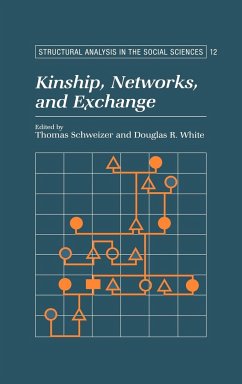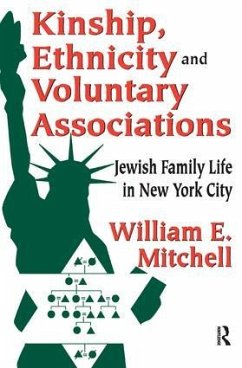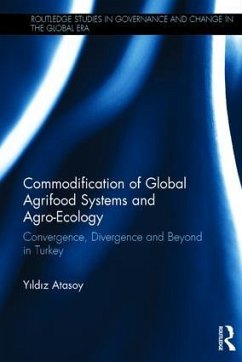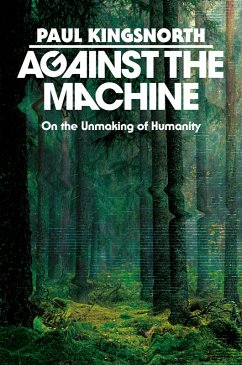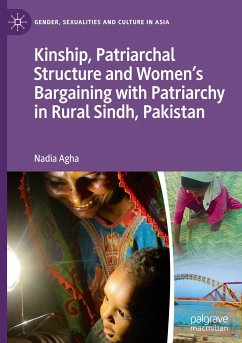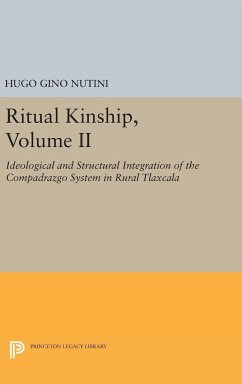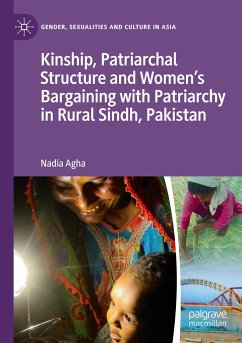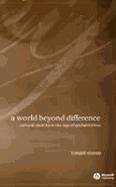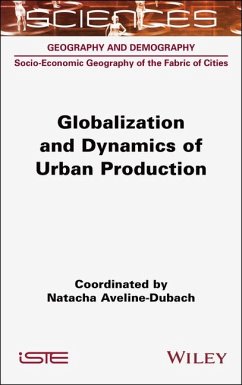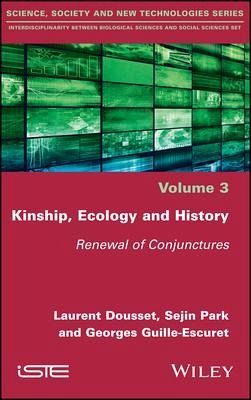
Kinship, Ecology and History
Renewal of Conjunctures
Versandkostenfrei!
Versandfertig in über 4 Wochen
158,99 €
inkl. MwSt.
Weitere Ausgaben:

PAYBACK Punkte
79 °P sammeln!
The analysis of kinship plays a major role in social anthropology. However, the intellectual triumph of structuralism has transformed this analysis into an ivory tower and the methodological hegemony of functionalism inhibits any historical authority. Kinship, Ecology and History informs the reader of these old, yet long-lasting issues. By presenting new, original perspectives, this book reinvents the manner in which we can study kinship. It also examines ecology and history as a conjectural reflection, which make up the foundations on which human kinship can be reflected upon. Whether human k...
The analysis of kinship plays a major role in social anthropology. However, the intellectual triumph of structuralism has transformed this analysis into an ivory tower and the methodological hegemony of functionalism inhibits any historical authority. Kinship, Ecology and History informs the reader of these old, yet long-lasting issues. By presenting new, original perspectives, this book reinvents the manner in which we can study kinship. It also examines ecology and history as a conjectural reflection, which make up the foundations on which human kinship can be reflected upon. Whether human kinship is understood in the form of systematics models or as articulated practices, it has to be conceived as a strategic means for modes of action and of transformation of life in society. The three case studies presented in this book give body to new issues. They deconstruct the existing models in order to re-establish kinship as a condition and consequence of social evolution.





